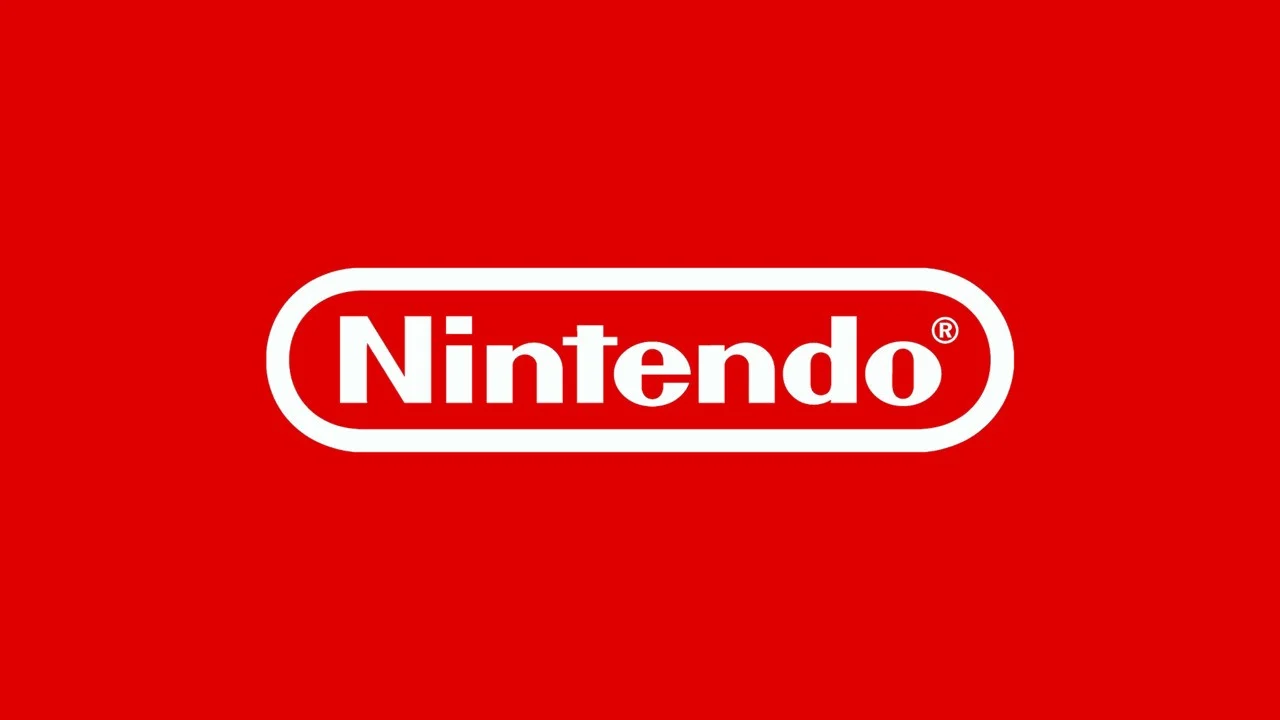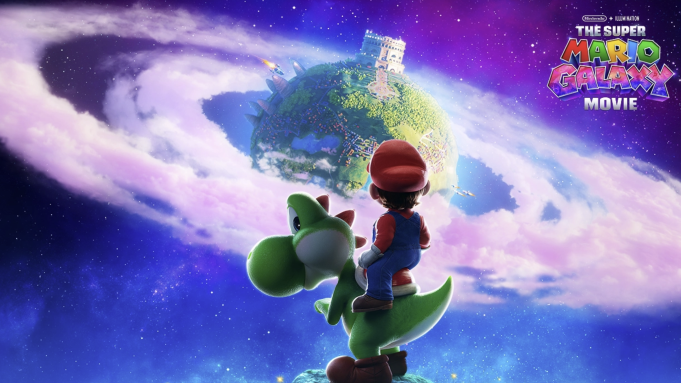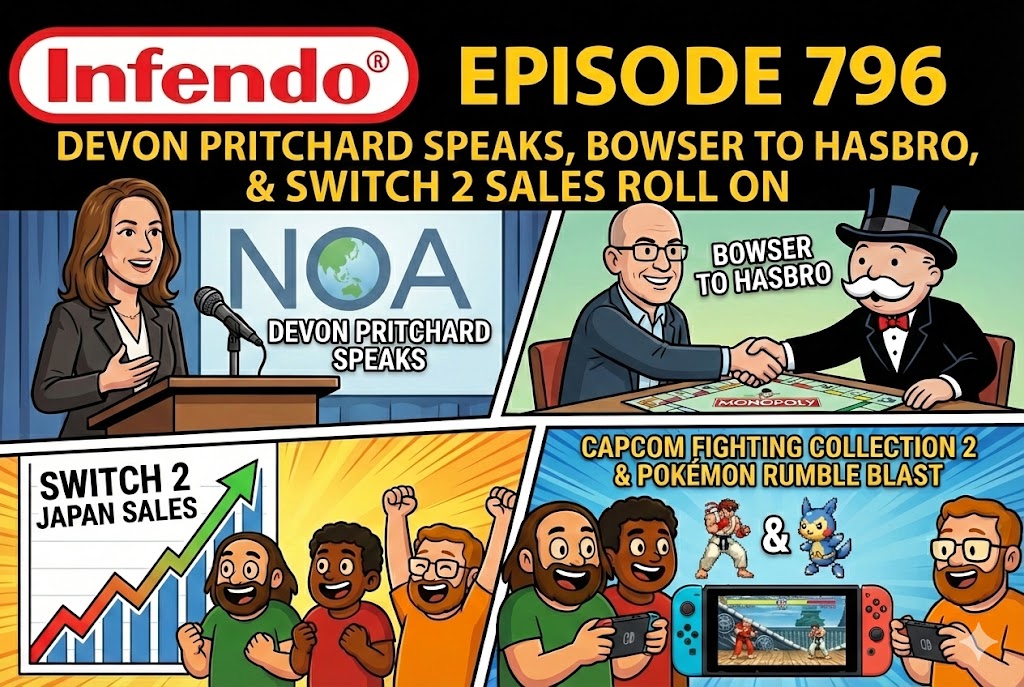Nintendo Takes Stand Against Generative AI to Safeguard IP: Industry Impact and Government Lobbying Detailed
As artificial intelligence continues to reshape the global tech and creative industries, Nintendo is taking a principled stance to safeguard its renowned intellectual properties.
With the explosive adoption of generative AI tools, questions regarding copyright and creator rights have intensified.
A recent statement from Satoshi Asano, a member of Japan’s House of Representatives with the Democratic Party for the People, confirms that Nintendo is actively lobbying the Japanese government to ensure stricter oversight and more protective measures regarding generative AI technologies.
Nintendo, a pioneer in the gaming world and the powerhouse behind titles such as Mario and The Legend of Zelda, has historically exercised caution regarding the adoption of new, potentially disruptive technologies.
This approach now extends to artificial intelligence.
Asano’s post asserts that "Nintendo deliberately refrains from utilizing generative AI to shield its intellectual property and is actively working with government bodies as part of its lobbying activities." The increasing ubiquity of generative AI has already led to a wave of international legal disputes over copyright issues.
Asano’s message cited high-profile lawsuits, such as one where the Yomiuri Shimbun, a leading Japanese newspaper, sued Perplexity AI for approximately 2.17 billion yen in damages over unauthorized content use.
Internationally, giants like The New York Times and Getty Images have pursued legal actions against OpenAI and Stability AI, respectively, for similar copyright infringements.
These examples highlight the urgency felt by major content creators to protect their work. Within Japan, efforts are also underway at the policy level.
The Ministry of Economy, Trade, and Industry has published the “Guidebook for Utilizing Generative AI in Content Creation,” which advises rigorous similarity checks to prevent AI-generated works from infringing on existing copyrights.
Companies such as DeNA are now building their own proprietary datasets for AI development to bolster compliance and respect for IP. Nintendo’s leadership has spoken publicly on the importance of human creativity in game development.
Outgoing Nintendo of America president Doug Bowser emphasized that Nintendo games will always reflect a "human touch," reinforcing the company’s view that creative processes cannot be wholly automated.
Shigeru Miyamoto, the creator behind Mario and Zelda, previously echoed similar opinions, underscoring a careful, hands-on approach to game design.
By lobbying for regulatory clarity and enhanced IP protection, Nintendo demonstrates a forward-thinking commitment to both creators and players.
As the debate on generative AI intensifies across gaming and media, the company’s actions will likely have a profound impact not just on Nintendo Switch users, but on the broader gaming community and the future development of content creation tools.
For developers, publishers, and stakeholders tracking technology trends, Nintendo's ongoing engagement with Japanese government policy serves as a blueprint for balancing innovation with the safeguarding of creative assets in the evolving landscape of AI in gaming.
With the explosive adoption of generative AI tools, questions regarding copyright and creator rights have intensified.
A recent statement from Satoshi Asano, a member of Japan’s House of Representatives with the Democratic Party for the People, confirms that Nintendo is actively lobbying the Japanese government to ensure stricter oversight and more protective measures regarding generative AI technologies.
Nintendo, a pioneer in the gaming world and the powerhouse behind titles such as Mario and The Legend of Zelda, has historically exercised caution regarding the adoption of new, potentially disruptive technologies.
This approach now extends to artificial intelligence.
Asano’s post asserts that "Nintendo deliberately refrains from utilizing generative AI to shield its intellectual property and is actively working with government bodies as part of its lobbying activities." The increasing ubiquity of generative AI has already led to a wave of international legal disputes over copyright issues.
Asano’s message cited high-profile lawsuits, such as one where the Yomiuri Shimbun, a leading Japanese newspaper, sued Perplexity AI for approximately 2.17 billion yen in damages over unauthorized content use.
Internationally, giants like The New York Times and Getty Images have pursued legal actions against OpenAI and Stability AI, respectively, for similar copyright infringements.
These examples highlight the urgency felt by major content creators to protect their work. Within Japan, efforts are also underway at the policy level.
The Ministry of Economy, Trade, and Industry has published the “Guidebook for Utilizing Generative AI in Content Creation,” which advises rigorous similarity checks to prevent AI-generated works from infringing on existing copyrights.
Companies such as DeNA are now building their own proprietary datasets for AI development to bolster compliance and respect for IP. Nintendo’s leadership has spoken publicly on the importance of human creativity in game development.
Outgoing Nintendo of America president Doug Bowser emphasized that Nintendo games will always reflect a "human touch," reinforcing the company’s view that creative processes cannot be wholly automated.
Shigeru Miyamoto, the creator behind Mario and Zelda, previously echoed similar opinions, underscoring a careful, hands-on approach to game design.
By lobbying for regulatory clarity and enhanced IP protection, Nintendo demonstrates a forward-thinking commitment to both creators and players.
As the debate on generative AI intensifies across gaming and media, the company’s actions will likely have a profound impact not just on Nintendo Switch users, but on the broader gaming community and the future development of content creation tools.
For developers, publishers, and stakeholders tracking technology trends, Nintendo's ongoing engagement with Japanese government policy serves as a blueprint for balancing innovation with the safeguarding of creative assets in the evolving landscape of AI in gaming.





